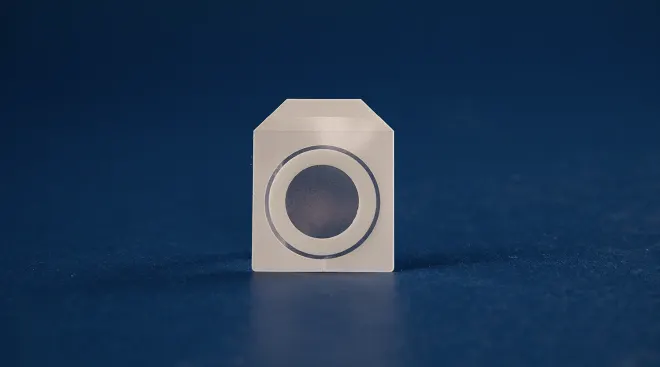New Peanut Allergy Patch Shows Promise in Trials

Over the past decade, researchers have come up with better, smarter and easier ways to deliver needed drugs to the body. One of these methods—a transdermal patch. Birth control patches have provided a worry-free way for women to manage their reproductive health and nicotine patches have helped millions quit smoking. Now, there’s a new patch on the horizon that has the potential to reduce the risk of severe allergic reactions to peanuts in children.
The patch, called Viaskin, is currently in clinical trials and has shown promising results for reducing the risk of severe allergic reactions to peanuts in children. In a recent trial, more than 150 children between the ages of 1 and 3 participated, all of whom had peanut allergies.
The trial found that after a year of using the patch, more than half of the children were able to consume 1-4 peanuts without experiencing a severe allergic reaction. These results are exciting to both parents and doctors, as peanut allergies are one of the most common and potentially fatal allergies, affecting approximately 1 in every 50 children.
The American Academy of Pediatrics (AAP) currently recommends introducing peanuts and other highly allergenic foods at six months of age, along with other solid foods. To avoid possible choking hazards, the AAP recommends introducing children under 4 years of age to ground peanuts or other formulations instead of whole peanuts. For high-risk infants with eczema or egg allergy, the AAP recommends introducing nuts as early as four months of age under a doctor’s supervision.
It’s important to talk to your pediatrician before introducing any new foods to your baby’s diet. “We encourage parents to talk to their pediatrician or allergist about allergy symptoms and whether their child should be tested,” A. Wesley Burks, MD, FAAP, of the AAP wrote in a press release. “The doctor can help monitor any changes in allergies, some of which may go away as a child grows.”





